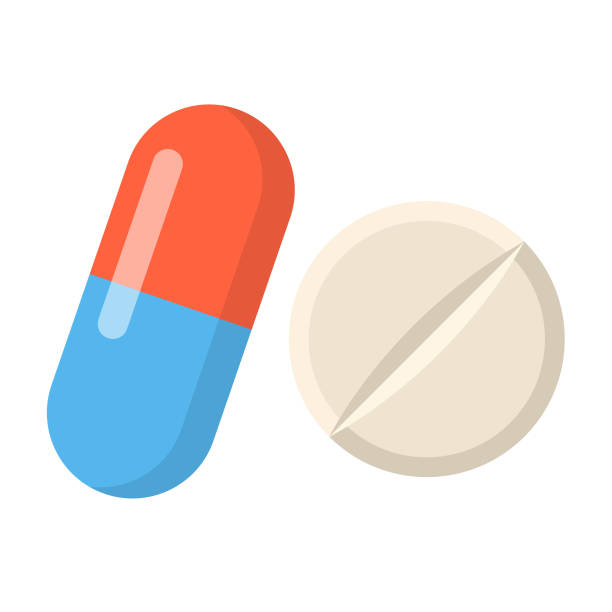Indications
Desvenlafaxine, a serotonin and norepinephrine reuptake inhibitor (SNRI), is indicated for the treatment of major depressive disorder (MDD). The efficacy of Desvenlafaxine has been established in four short-term (8-week, placebo-controlled studies) and two maintenance studies in adult outpatients who met DSM-IV criteria for major depressive disorder.
Pharmacology
Desvenlafaxine is the principal active metabolite of venlafaxine. The exact mechanism is unknown, but is thought to be related to the potentiation of serotonin and norepinephrine in the CNS, through inhibition of their reuptake.
Dosage And Administration
The recommended dose for Desvenlafaxine is 50 mg once daily, with or without food. The 50 mg dose is both a starting dose and the therapeutic dose. Desvenlafaxine should be taken at approximately the same time each day. Tablets must be swallowed whole with fluid and not divided, crushed, chewed, or dissolved.
In clinical studies, doses of 10 mg to 400 mg per day were studied. In clinical studies, doses of 50 mg to 400 mg per day were shown to be effective, although no additional benefit was demonstrated at doses greater than 50 mg per day and adverse reactions and discontinuations were more frequent at higher doses.
The 25 mg per day dose is intended for a gradual reduction in dose when discontinuing treatment. When discontinuing therapy, gradual dose reduction is recommended whenever possible to minimize discontinuation symptoms
Interaction
Increased risk of bleeding with aspirin or other NSAIDs, warfarin and other anticoagulants.
Contraindications
Concurrent use or within 14 days of discontinuing MAOIs (e.g. linezolid, IV methylene blue). Initiation of MAOI at least 7 days after discontinuing desvenlafaxine.
Side Effects
Suicidal thinking/ behaviour, HTN, mydriasis, seizure, hyponatraemia, interstitial lung disease and eosinophilic pneumonia; nausea, dizziness, insomnia, hyperhidrosis, constipation, somnolence, decreased appetite, anxiety, sexual function disorders in males (e.g. anorgasmia, decreased libido, abnormal orgasm, delayed ejaculation, erectile dysfunction, ejaculation disorder, ejaculation failure, sexual dysfunction).
Pregnancy And Lactation
Pregnancy Category C. Either studies in animals have revealed adverse effects on the foetus (teratogenic or embryocidal or other) and there are no controlled studies in women or studies in women and animals are not available. Drugs should be given only if the potential benefit justifies the potential risk to the foetus.
Precautions And Warnings
Patient with pre-existing HTN or other conditions that may be compromised by increased BP, raised intraocular pressure, personal or family history of mania or hypomania; CV, cerebrovascular or lipid metabolism disorders; seizure disorder. Avoid abrupt withdrawal. Renal and moderate to severe hepatic impairment. Pregnancy and lactation.
Therapeutic Class
Serotonin-norepinephrine reuptake inhibitor (SNRI)
Use in special populations
Hepatic impairment (Moderate to severe): 50 mg daily. Max: 100 mg once daily.
Renal Impairment:
- CrCl <30 or ESRD: 25 mg daily or 50 mg every other day. Supplemental doses should not be given after dialysis.
- CrCl (30-50): Max 50 mg once daily.
Storage Conditions
Store between 20-25° C.
